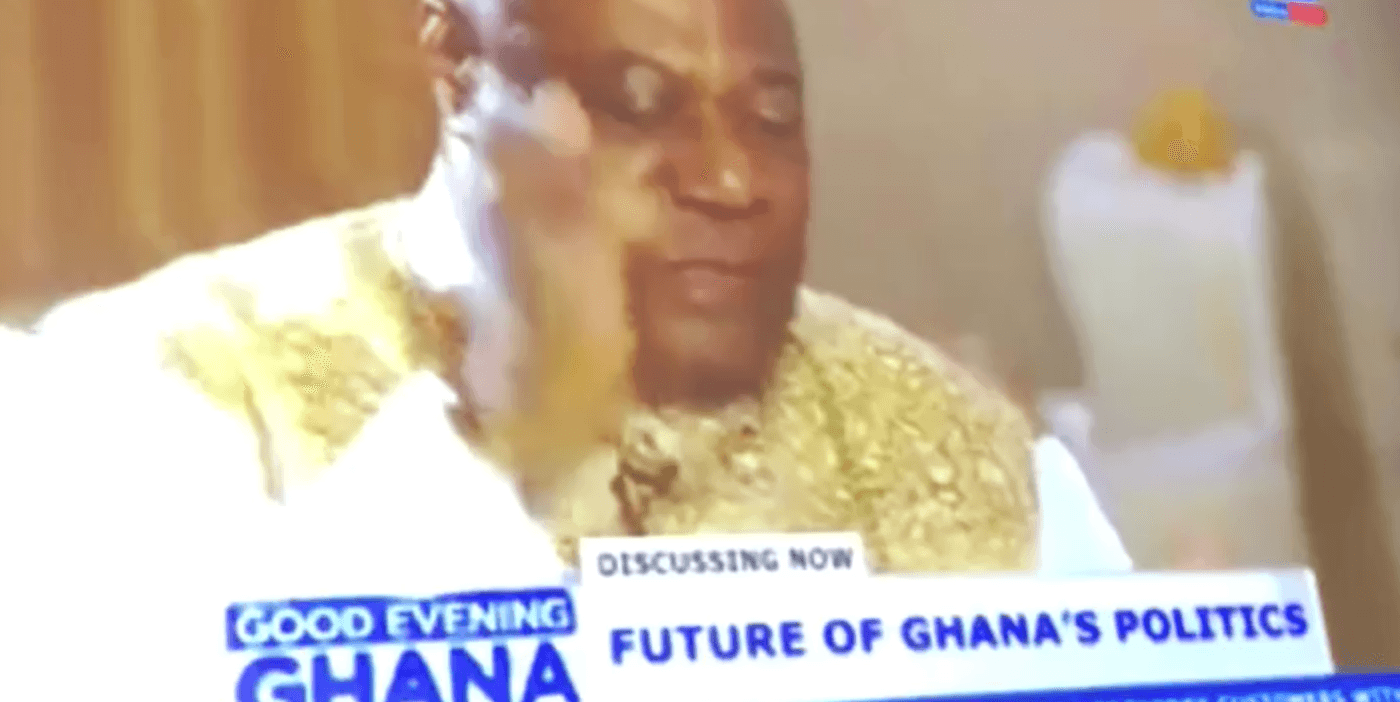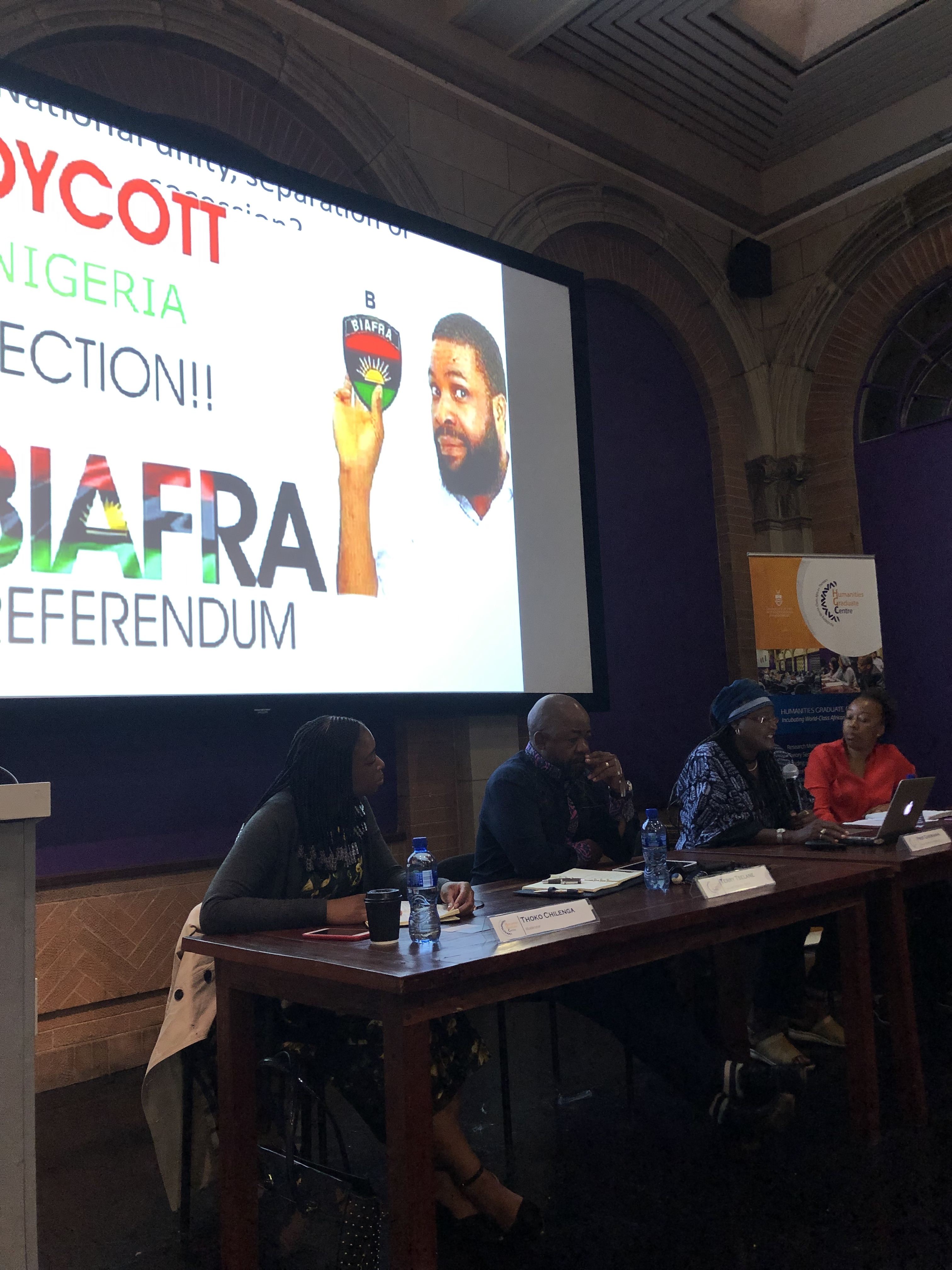By Thokozani Chilenga-Butao and Gwinyai Taruvinga
For the African continent to address the challenges that it faces, we need to strengthen Africa’s democracies. The conduct of elections is at the heart of a strong democracy and this is why countries strive to hold them.
The sentiment was echoed at the Wits University Humanities Graduate Centre’s Elections in Africa seminar on 27 March. The speakers, Mr Terry Tselane (Institute of Election Management Services in Africa), Professor Annie Chikwanha (University of Johannesburg) and Muneinazvo Kujeke (Institute for Security Studies), discussed the electoral challenges and opportunities African states face.
Elections in any country serve as a litmus test for the notion of democracy, and 2019 is a crucial election year for many states on the African continent, bedevilled by high levels of corruption and struggling economies. Elections pose an opportunity for the citizenry to choose political parties that they feel are best placed in delivering a quality of life that we so desperately yearn for.
Merely conducting an election is not enough to make a country democratic. Rather, it is the manner in which the election is held.
Participation
Youth participation in elections was concerning, as only 66% of African youth vote in elections despite youth (aged 18–35) constituting 77% of the continent’s population. A reason for this is gerotocracy — the old age of many of the continent’s leadership is not reflective of the youth, which dissuades them from believing that their vote matters.
Youth are often repressed and seen as violent perpetrators, rather than an electorate or political contenders.
Thus, many youth are born and live under the dictatorships of old leaders, who refuse to relinquish power despite regular elections, and who actively repress younger leaders such as Bobi Wine of Uganda. There needs to be an intergenerational dialogue between older politicians and the continent’s future leaders. The Mo Ibrahim Index places the African continent’s participation score at 49.4/100, which it deems as “slowing improvement” and uses as indicators democratic elections and the capacity of election monitoring agencies among others. This slowing participation is likely to recede further if African youth are not mobilised, or not allowed, to freely participate in elections.
Election Management
Voter registration, polling station readiness, maintenance and integrity are the main procedural aspects of running national elections. In South Africa, our electoral commission has a reputation for good management. But this is not the case in all African countries. The Democratic Republic of Congo (DRC) and Nigeria postponed their elections by at least a week because polling stations were not ready. Delays in polling-station readiness often signify problems with a country’s electoral commission and cause loopholes that could compromise election results.
Each African country has vastly different numbers of registered voters, which increases the geographic and security difficulties in elections. For instance, Nigeria had 84 million registered voters, while South Africa has 27 million registered voters for the coming elections in May. Elections management is vastly different according to the number of voters, the region in which they are being managed, and the measures in place to deal with issues of electoral insecurity. Where security services are partisan or the military has been politicised, there is a higher likelihood that where electoral insecurity arises, these armed security and military forces will side with certain political parties. Professor Chikwanha added that this makes African states fragile and insecure.
It is difficult to manage secure elections during a brief period, when those states experience insecure conditions daily.
Integrity of Election Results
Often, the release of election results in African countries does not signal the completion of political contestation. This is firstly due to manipulation of results. There are always concerns about vote buying, whether by giving people money to vote for a party or handing out food parcels; as well as bussing and trucking people to polling stations to ensure that they vote for a particular party.
The ways in which vote buying is taking place are becoming more blatant and brazen, revealed Mr Tselane.
The second issue is political parties’ reluctance to accept election results, and thus respect the will of the people.
In Nigeria’s February 2019 elections for President, House of Representatives and Senate, credibility was questioned from the onset when Nigeria’s Electoral Commission delayed the vote citing ‘logistical challenges.’ Eighty-four million people were registered to vote, the turnout for the election was 35.6% and the winner, Buhari, garnered 15 million votes whilst his rival, Abubakar, garnered 11 million votes.
The opposition were quick to denounce the results citing irregularities in conduct. This shows how integrity comes to the fore, as changing dates and delaying did little to inspire confidence in the populace. Moreover, the Nigerian Commission managed the election badly. One of the major postponements was because of security reasons. In the two weeks preceding the election, arson attacks were reported in Anambra, Abia and Plateau where vital electoral materials were destroyed.
In addition to free and fair elections, institutions are critical to upholding democracy, especially over the election period. In Nigeria and most African countries, institutions tend to be weak thus allowing leaders to use electoral commissions as vehicles for their own ends.
Thokozani Chilenga-Butao is a research fellow at Public Affairs Research Institute and facilitated the Elections in Africa seminar. Gwinyai Taruvinga is a researcher and doctoral student at the University of the Witwatersrand.



